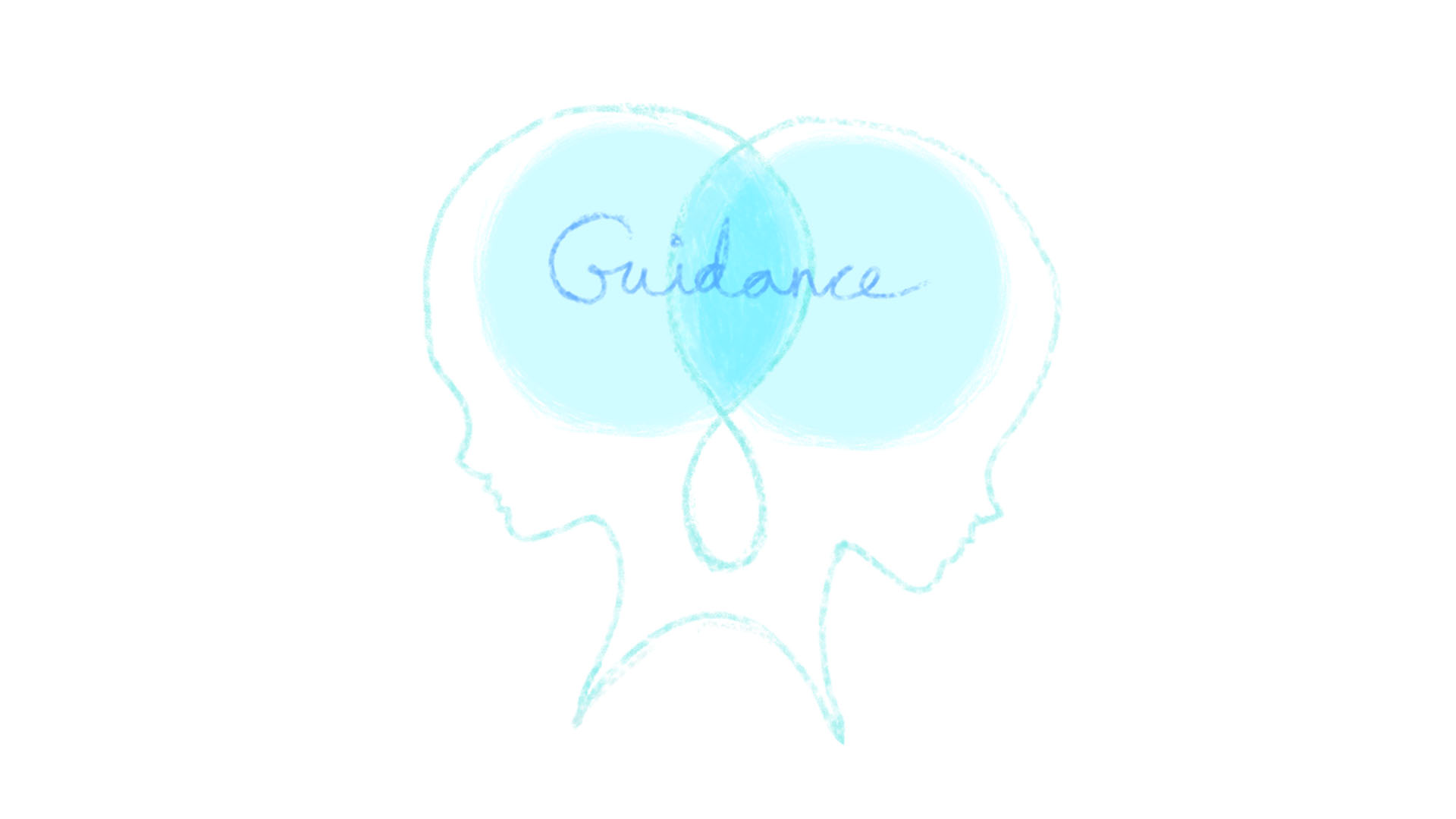Many of us hold the belief that “I am a good person, so good things should happen to me.” This expectation seems natural—if we live kindly, make the right choices, and treat others well, shouldn’t life reward us with happiness and success? But when life doesn’t align with this expectation and bad things happen, we are often left feeling frustrated, angry, or even betrayed. Negative emotions like sadness, resentment, and confusion can take hold, making it difficult to process our experiences.
This clash between what we believe should happen and what does happen highlights the profound role our belief system plays in shaping our emotional responses and overall well-being. When our beliefs don’t match reality, it can lead to deep inner conflict. This is where therapy can help unravel these complexities and offer healing.
Understanding Our Belief System
A belief system is the set of values and assumptions we hold about ourselves, others, and the world. These beliefs guide our expectations, decisions, and reactions. For example, if we believe that being good should always lead to good outcomes, any negative experience may feel unjust or personal. This can create a cycle where we feel wronged or powerless, as if the world is conspiring against us.
The challenge with rigid belief systems is that they can limit our ability to adapt to the unpredictability of life. In reality, life is full of uncertainty—good things can happen to bad people, and bad things can happen to good people. No one is exempt from hardships, regardless of how virtuous they are.
The Impact of Negative Beliefs
When life doesn’t go according to our expectations, negative emotions like guilt, anger, or sadness often arise. For instance, if you believe you are undeserving of misfortune, you may internalize these feelings as something wrong with you, rather than recognizing that hardships are a normal part of life. This can erode self-esteem and contribute to feelings of helplessness.
Furthermore, rigid beliefs can prevent us from seeing the full picture. If you’re fixated on the idea that good people only deserve good things, you might miss the opportunity to grow from a challenging experience. Negative events can provide valuable lessons about resilience, compassion, and inner strength. Without the flexibility to shift our perspective, however, we may be blinded to these insights.
How Therapy Can Help
Therapy can be a powerful tool for unpacking these belief systems and developing a healthier, more adaptive mindset. Here’s how therapy can support this transformation:
- Exploring Core Beliefs
In therapy, you can identify the core beliefs that may be driving your emotional responses. For example, are you expecting perfection from yourself or the world? Are you holding onto unrealistic expectations about fairness? By bringing these beliefs to the surface, therapy provides a safe space to explore their origins and their impact on your life. - Challenging and Reframing
A key aspect of therapy is learning to challenge and reframe rigid beliefs. Instead of thinking, “I’m a good person, so nothing bad should happen to me,” therapy helps you explore more balanced beliefs like, “I’m a good person, and I can handle life’s challenges.” This shift allows for a greater sense of control and self-compassion in the face of difficulties. - Building Emotional Resilience
Therapy also helps build emotional resilience—the ability to cope with and recover from adversity. By processing your emotions in a supportive environment, you can learn how to accept and adapt to life’s uncertainties without being derailed by them. This strengthens your capacity to manage future challenges with a sense of empowerment. - Fostering Acceptance
One of the most liberating outcomes of therapy is learning to accept that life is a blend of positive and negative experiences. Instead of seeing negative events as punishments or signs of personal failure, therapy can help you view them as part of the human experience. This acceptance can bring about greater peace of mind, as you learn to release unrealistic expectations and embrace life as it is.
The Road to Freedom
Ultimately, our belief systems shape how we experience life, for better or worse. By engaging in therapy, we gain the opportunity to examine and reshape these beliefs, creating a more flexible and compassionate mindset. Therapy allows us to break free from the limiting belief that only good things should happen to good people and, instead, opens us up to the rich complexity of life.
In doing so, we become more resilient, adaptable, and better equipped to navigate the ups and downs of life with grace and inner strength. If you’re feeling trapped by your beliefs or struggling to understand why negative emotions are weighing you down, therapy could be the key to unlocking a more fulfilling, balanced perspective on life.
Life may not always go as planned, but with the right support, you can learn to thrive in both the good and the bad.

